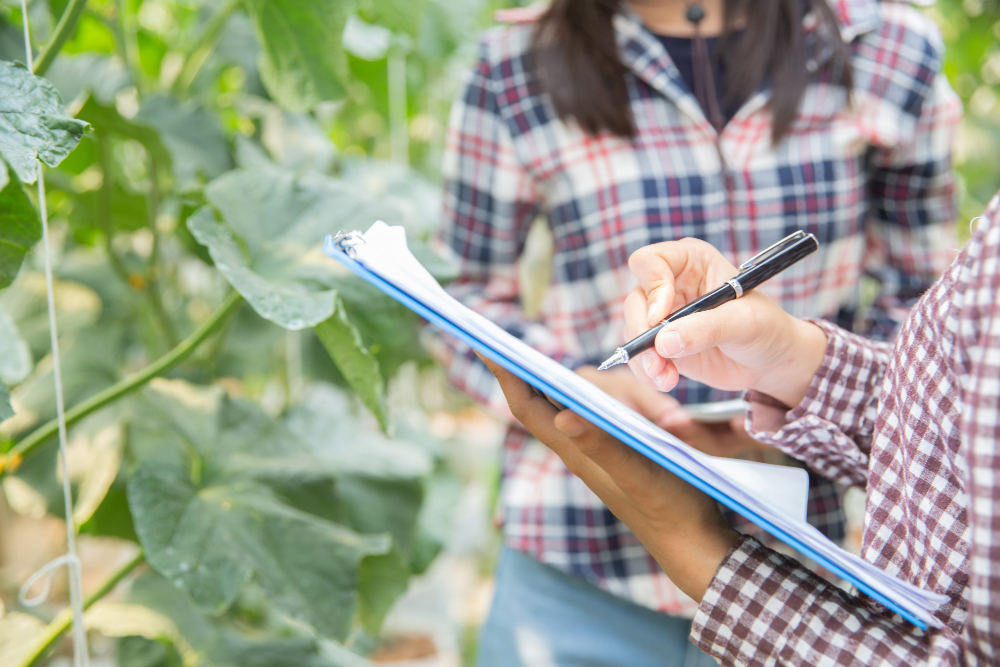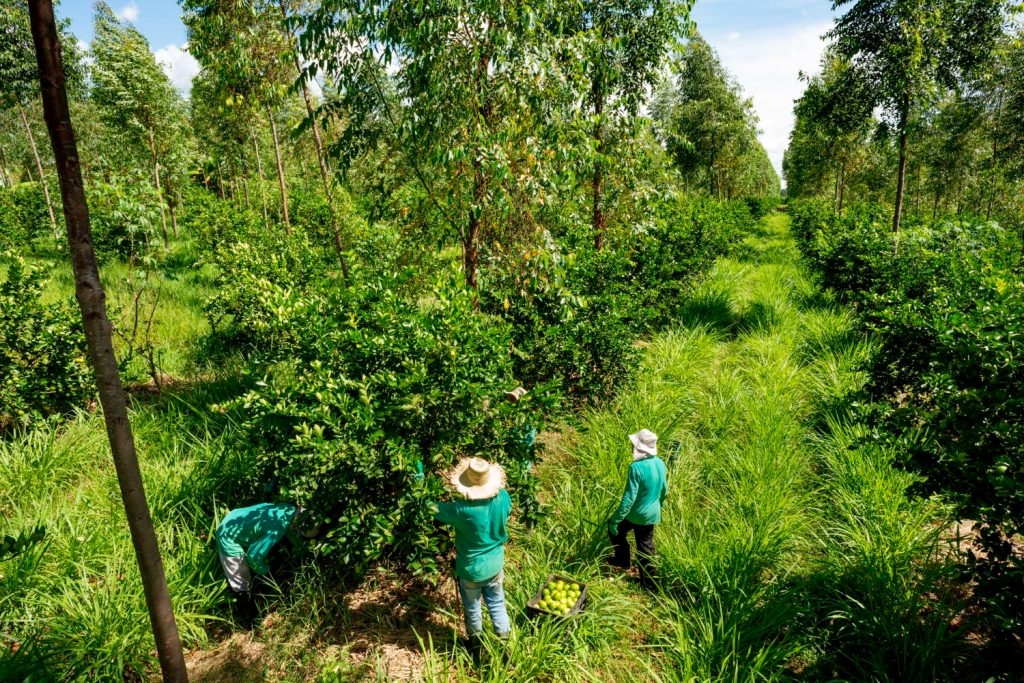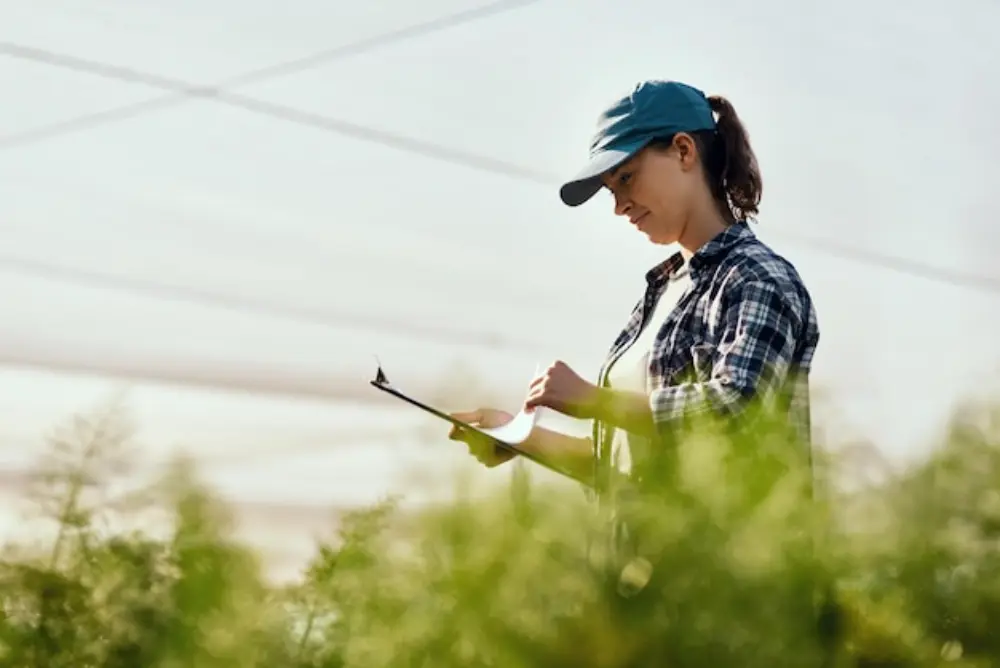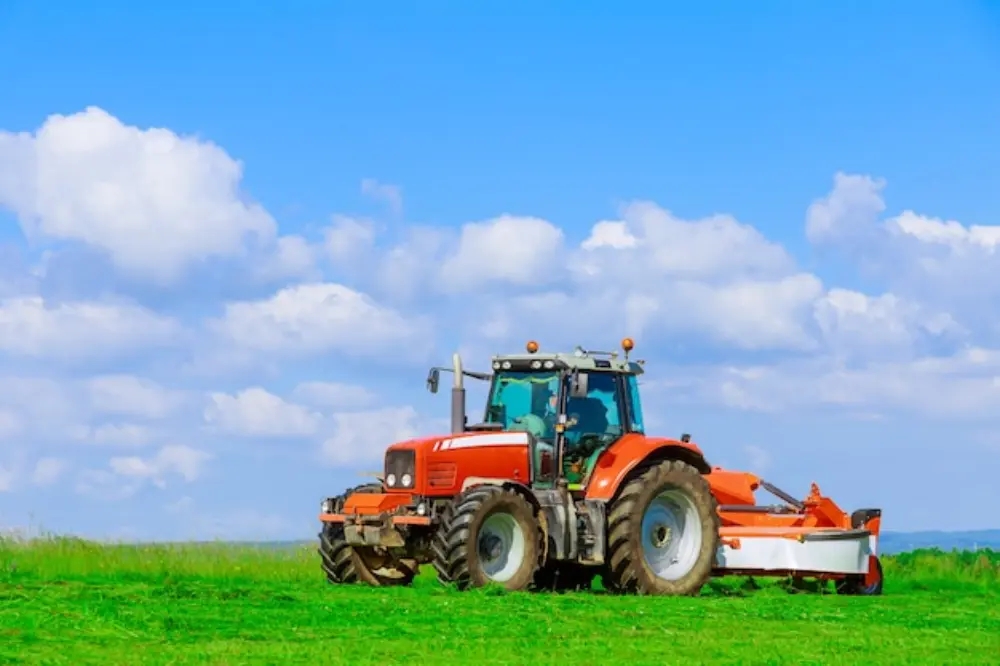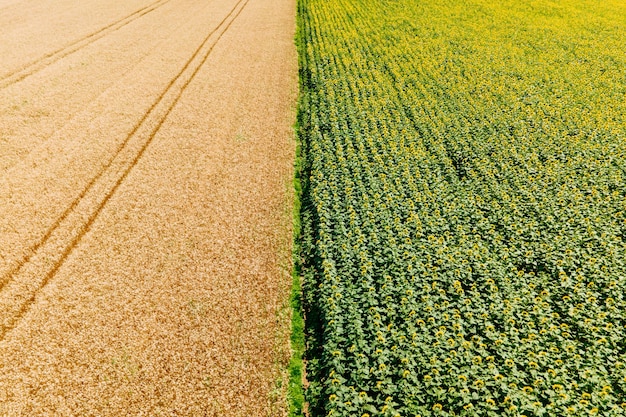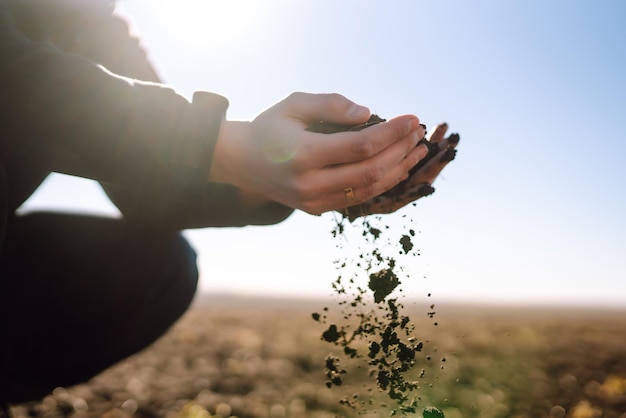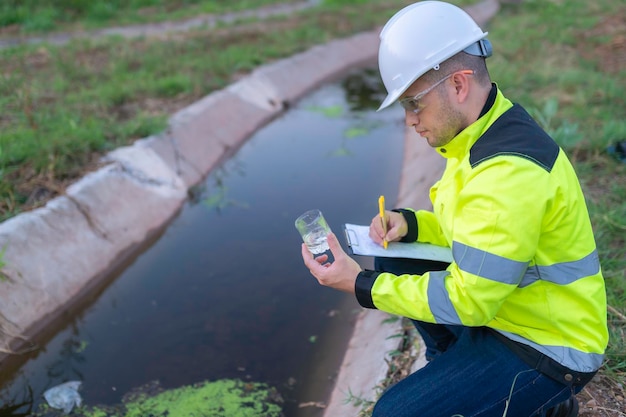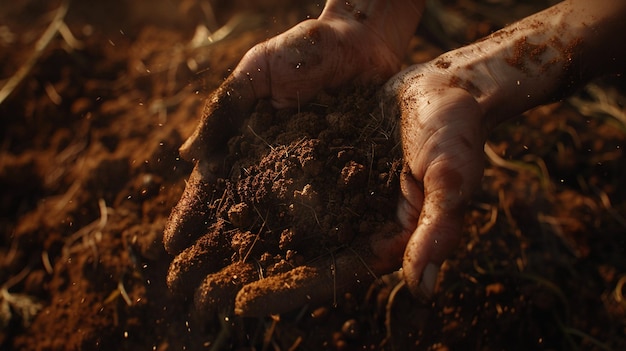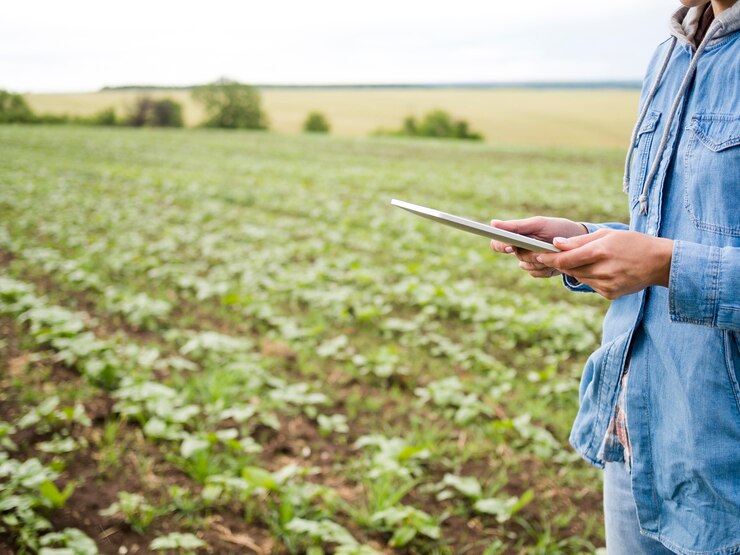Agronomy Consultancy: A Practical Guide to Growing Stronger, Smarter Farms
Ever found yourself standing in the middle of your paddock, wondering why this year’s wheat isn’t performing as well as last year’s? Or staring at a soil report full of numbers that might as well be a foreign language? You’re not alone. That’s where agronomy consultancy steps in—not with fancy words or silver bullets—but with experience, strategy, and real on-the-ground knowledge. I’ve worked with growers from Dubbo to the Darling Downs, and while the soil and weather change, the questions stay pretty similar: “Am I putting on the right fertiliser?” “Is my rotation working?” “Should I be trialling new varieties or sticking with what I know?” These aren’t just technical questions—they are business decisions that affect your bottom line. So, let’s have a real conversation about agronomy consultancy—what it is, how it helps, and why it might be the missing piece in your farm management. What is Agronomy Consultancy? Forget the buzzwords. Agronomy consultancy is expert advice to help farmers grow better crops and run more efficiently. It’s about working alongside you to make informed decisions based on: · Soil health and nutrient management · Crop planning and rotations · Pest and weed control · Yield optimisation · Farm data interpretation A good agronomist doesn’t just hand you a report and walk away. They roll up their sleeves, ask the right questions, and help tailor solutions that work for your farm—not just what’s trending in ag journals. Who Needs Agronomy Consultancy? If you’re wondering whether agronomy advice is worth the investment, here are some common situations where farmers seek help: 1. Trying to push yields further: You’re doing alright, but you suspect there’s room for improvement. 2. Troubleshooting poor performance: You can’t pinpoint why things go wrong. 3. Managing input costs: With fertilisers and chemicals on the rise, every decision counts. 4. Adopting new technologies: Precision ag, drone mapping, or soil moisture sensors—getting the most from your tools. 5. Expanding or diversifying: Moving into new crops or scaling up acreage. Agronomy consultancy isn’t just for “big operators.” Whether you’re managing 300 hectares or 3,000, the right advice at the right time can mean the difference between profit and pain. What to Expect From an Agronomy Consultant Let’s strip away the sales pitch. Here’s what working with a good agronomy consultant looks like: 1. A Full Paddock Assessment This usually starts with a walk-through. Soil tests, plant tissue sampling, and crop health checks clearly show what’s going on beneath and above the ground. 2. Tailored Crop Plans Your agronomist helps you map out a cropping calendar, factoring in timing, varieties, and inputs based on your goals (yield, input savings, disease management). 3. Input Recommendations Not just which products but when and how to apply them. Consider precise nitrogen timing, right herbicide mixes, or foliar spray windows that avoid waste. 4. Seasonal Monitoring Farming isn’t set-and-forget. Regular site visits keep plans on track, catch issues early, and adjust strategies as the season unfolds. 5. Record Keeping and Compliance With tighter regulations and environmental scrutiny, consultants often help keep chemical and fertiliser records squeaky clean and audit—ready. The Value of Independent Agronomy Let me be clear: independent advice matters. Not every agronomist is independent—some work directly for suppliers or sell specific products. There’s nothing wrong with that, but be aware that recommendations might not always be unbiased. An independent agronomy consultant works for you, not a chemical company or seed supplier. Their income comes from your success, not how much product you buy. That’s worth its weight in gypsum. How Agronomy Consultancy Has Helped Real Farms A few years ago, I worked with a grower outside Moree. His canola was struggling—yields were stuck at 1.5 t/ha. After proper soil mapping and tissue sampling, we identified severe sulphur deficiency and poor root development. Ironically, a targeted nutrient plan (including a bit of gypsum) pushed yields to 2.7 t/ha the following year. There was no magic—just proper diagnosis and steady follow-up. Another example? A mixed farmer in Central West NSW was burning money on pre-em herbicides that weren’t hitting the mark. We switched his approach to better timing and rotated chem groups. Within two seasons, ryegrass pressure dropped, and herbicide costs decreased by 28%. These aren’t miracle stories—they’re what happens when you combine local knowledge with smart, practical advice. Common Questions About Agronomy Consultancy How often should I meet with an agronomist? This depends on your operation, but many farmers check in at the start of each season and then fortnightly or monthly through key growth stages. During seeding or harvest, more frequent visits make sense. Is it expensive? Like anything, there’s a cost—but think of it as an investment. Many growers find that improved input efficiency and higher yields more than cover the consultancy fee. Some agronomists charge by the hour, some by the season. Can’t I use free advice from my supplier? You can—but remember, supplier reps have sales targets. Independent consultants are solely focused on your outcomes, which can make a big difference over the long term. Tips for Getting the Most Out of Agronomy Consultancy Here’s what I’ve seen work over and over: · Be honest about what’s working and what’s not. No judgment—just facts. · Share your long-term goals. Are you planning to increase organic matter? Cut synthetic inputs? Trial new legumes? That context matters. · Ask lots of questions. A good agronomist will welcome them. · Keep good records. Yield maps, rainfall logs, and planting dates—all help build better strategies. · Commit to action. Advice only works if you apply it. Follow through and review results. Making a Smarter Choice for Your Farm Farming is full of variables—weather, markets, pests. But your management strategy shouldn’t be guesswork. Agronomy consultancy gives you a clearer, steadier path forward. It turns uncertainty into strategy and lifts the weight off your shoulders, especially when juggling ten things simultaneously. Ultimately, it’s not about fancy reports or textbook advice—it’s about standing in your paddock, knowing your plan makes sense and your next move is
Agronomy Consultancy: A Practical Guide to Growing Stronger, Smarter Farms Read More »

